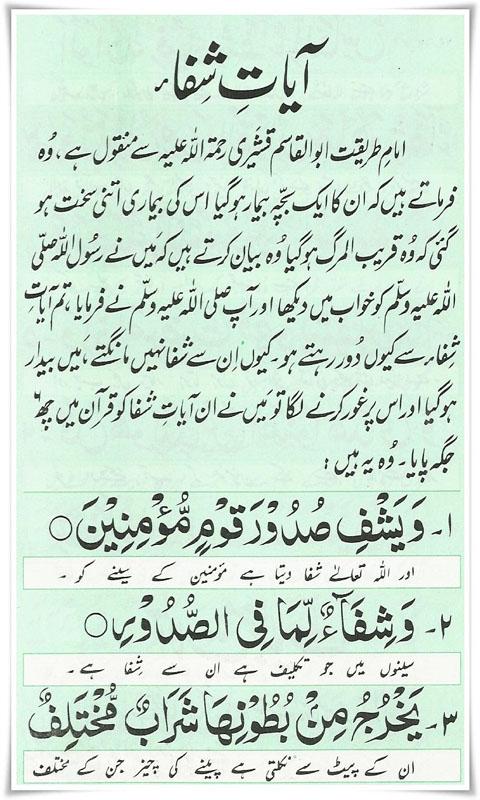
Project MUSE Displacement and Self-Representation Wah has received major literary awards in three genres: Waiting for Saskatchewan won the Governor General’s award, So Far won Alberta’s Stephanson Award, and is a door won the Dorothy Livesay prize for poetry; Diamond Grill received Alberta’s Howard O’Hagan Award for short fiction; and his essay collection, Faking It: Poetics and
Diamond Grill by Wah Fred Biblio.com
Diamond Grill Fred Wah 9780896300125 Books Amazon.ca. 16/05/2011 · Read "The presentation of a hybrid identity in Fred Wah´s 'Diamond Grill': Food and habitation as ethnic markers and Chinese Canadians" by Katharina Eder available from Rakuten Kobo. Seminar paper from the year 2010 in the subject English Language and Literature Studies - …, Diamond Grill is a rich banquet where Salisbury Steak shares a menu with chicken fried rice, bird’s nest soup sets the stage for Christmas plum pudding; where racism simmers behind the shiny clean surface of the action in the cafe. An exciting new edition of Fred Wah’s best-selling bio-fiction, on the 10th anniversary of its original.
Fred Wah’s best-selling bio-fiction is a story of family and identity, migration and integration, culture and self-discovery told through family history, memory, and the occasional recipe. Diamond Grill is a rich banquet where Salisbury Steak shares a menu with chicken fried rice, bird’s nest soup sets the stage for Christmas plum pudding Wah is probably best known as a poet, but he has made significant contributions as an editor and teacher and in recent years has become active in collaborative performance art. Wah now lives in Vancouver. In March 2012, Fred Wah was the first Writer-in-residence at the English Department of Ryerson University.
Diamond Grill is a rich banquet where Salisbury Steak shares a menu with chicken fried rice, bird s nest soup sets the stage for Christmas plum pudding; where racism simmers behind the shiny clean surface of the action in the cafe. An exciting new edition of Fred Wah s best-selling bio-fiction, on the 10th anniversary of its original The text of this program is available as a PDF here. This event was listed on the Kelly Writers House online calendar here . Recording Engineer & Producer: Aaron Levy
Fred Wah’s Diamond Grill is a small gem of a book. Wah refers to the book as a “biotext”; the publisher calls it both “biofiction” and “biography.” Wah denies that it contains “true stories but, rather, poses or postures,” and this echoes a line from the book’s epigraph: “When you’re not ‘pure’ you just make it up.” The text of this program is available as a PDF here. This event was listed on the Kelly Writers House online calendar here . Recording Engineer & Producer: Aaron Levy
Buy the Paperback Book Diamond Grill: 10th Anniversary Edition by Fred Wah at Indigo.ca, Canada's largest bookstore. + Get Free Shipping on books over $25! 01/02/2001 · 1 Michael Ondaatje's Running in the Family, Daphne Marlatt's Ghost Works, Roy Kiyooka's Mothertalk, and Fred Wah's Diamond Grill employ a range of innovative textual strategies to work through questions of cultural identity, rather than merely seeking to reflect or represent them. These four "biotexts" are linked not only by their shared focus
These acclaimed stories describe what it's like to be half-white, half-Asian in contemporary North America. The stories tell of family and identity, migration and integration, culture and self-discovery through family history, memory, glimpses of life and the occasional recipe. Diamond Grill is a rich banquet where Salisbury steak shares a menu with chicken fried rice and bird's nest soup sets Fred Wah’s auto-/bio-fictional Diamond Grill (1996) is an accretion of narrative fragments with which Wah tells the story of his compound, multiethnic identity. Employing an interrogative strategy or a poetics of “What?” he raises a number of difficult questions regarding the …
Fred Wah’s best-selling bio-fiction is a story of family and identity, migration and integration, culture and self-discovery told through family history, memory, and the occasional recipe. Diamond Grill is a rich banquet where Salisbury Steak shares a menu with chicken fried rice, bird’s nest soup sets the stage for Christmas plum pudding Fred Wah has been involved with a number of literary magazines over the years, such as Open Letter and West Coast Line. Recent books are the biofiction Diamond Grill (1996), Faking It: Poetics and Hybridity (2000), a collection of essays, and Sentenced to Light (2008), a collection of poetic image/text projects.
Wah naît à Swift Current, en Saskatchewan.Il grandit dans la région de Kootenay, en Colombie-Britannique.Son père, né au Canada mais ayant grandi en Chine, est lui-même le descendant d'un père sino-canadien et d'une mère irlando-écossaise (en) [1], [2].Quant à elle, la mère de Fred Wah est née en Suède et est déménagée au Canada à l'âge de 6 ans [3]. Wah naît à Swift Current, en Saskatchewan.Il grandit dans la région de Kootenay, en Colombie-Britannique.Son père, né au Canada mais ayant grandi en Chine, est lui-même le descendant d'un père sino-canadien et d'une mère irlando-écossaise (en) [1], [2].Quant à elle, la mère de Fred Wah est née en Suède et est déménagée au Canada à l'âge de 6 ans [3].
Fred Wah’s auto-/bio-fictional Diamond Grill (1996) is an accretion of narrative fragments with which Wah tells the story of his compound, multiethnic identity. Employing an interrogative strategy or a poetics of “What?” he raises a number of difficult questions regarding the … These acclaimed stories describe what it's like to be half-white, half-Asian in contemporary North America. The stories tell of family and identity, migration and integration, culture and self-discovery through family history, memory, glimpses of life and the occasional recipe. Diamond Grill is a rich banquet where Salisbury steak shares a menu with chicken fried rice and bird's nest soup sets
Fred Wah is from the Kootenay region of southeast British Columbia. He is best known for his biofiction, Diamond Grill (1996). Scree: The Collected Earlier Poems 1962–1991 was published in 2015. Other recent collections of poetry are Sentenced to Wah has received major literary awards in three genres: Waiting for Saskatchewan won the Governor General’s award, So Far won Alberta’s Stephanson Award, and is a door won the Dorothy Livesay prize for poetry; Diamond Grill received Alberta’s Howard O’Hagan Award for short fiction; and his essay collection, Faking It: Poetics and
In the same way that Stuart Hall “considers the way all identities are framed by both commonalities and differences as a conception of ‘identity,’ which lives with and through, not despite, difference,” author Fred Wah, in his biotext Diamond Grill, negotiates and legitimates the ways in which his multiple identities exist within the spaces around him (p. 401-2). Fred Wah is from the Kootenay region of southeast British Columbia. He is best known for his biofiction, Diamond Grill (1996). Scree: The Collected Earlier Poems 1962–1991 was published in 2015. Other recent collections of poetry are Sentenced to
Fred Wah's Diamond Grill by Sunil Johal on Prezi
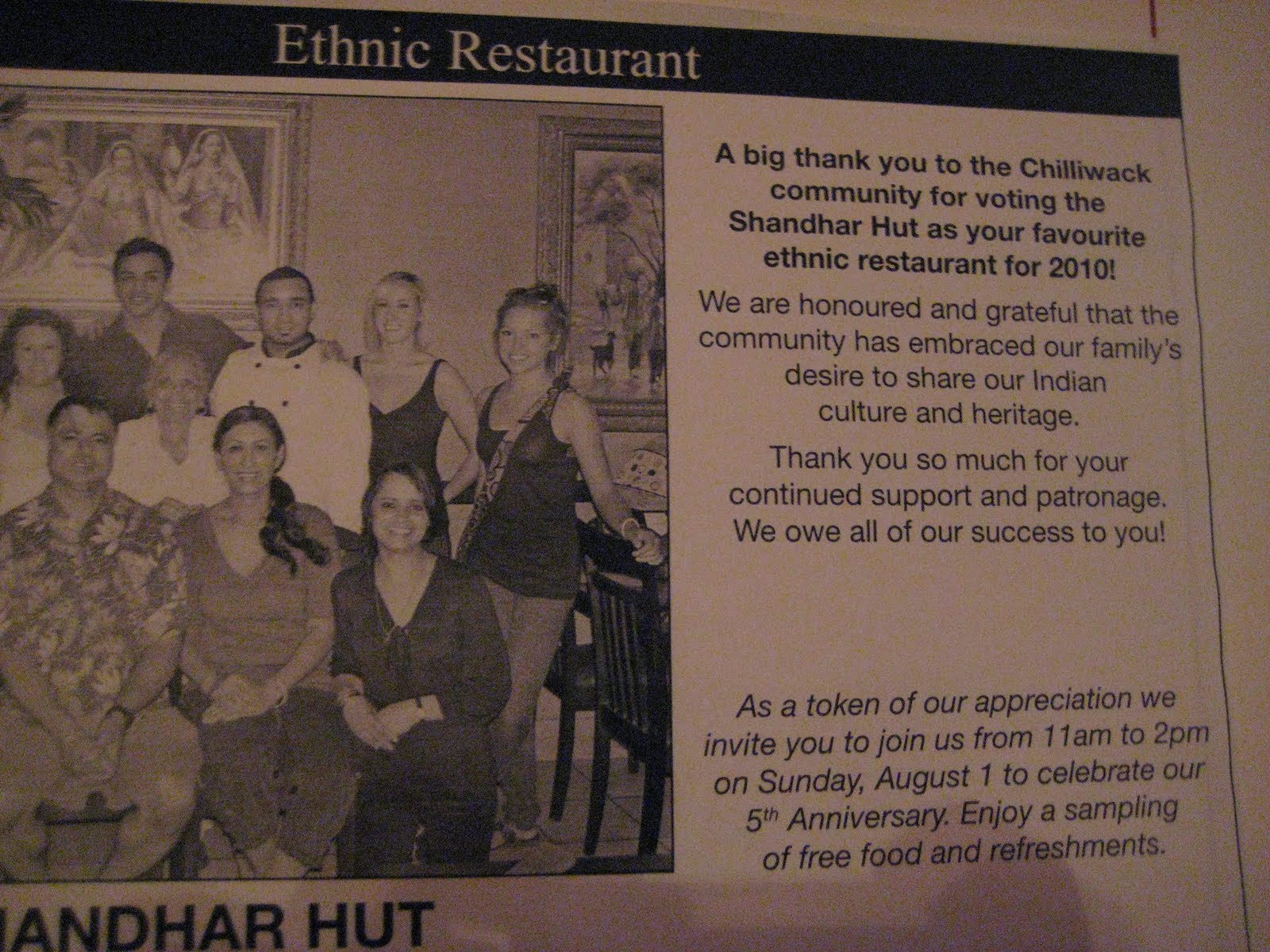
Download PDF Diamond Grill by Fred Wah Free Book PDF. The presentation of a hybrid identity in Fred Wah´s "Diamond Grill": Food and habitation as ethnic markers and Chinese Canadians - Bachelor Katharina Eder - Hausarbeit (Hauptseminar) - Anglistik - Literatur - Publizieren Sie Ihre Hausarbeiten, Referate, Essays, Bachelorarbeit oder Masterarbeit, Fred Wah’s auto-/bio-fictional Diamond Grill (1996) is an accretion of narrative fragments with which Wah tells the story of his compound, multiethnic identity. Employing an interrogative strategy or a poetics of “What?” he raises a number of difficult questions regarding the ….

Diamond Grill (Landmark Edition) eBook Fred Wah Amazon. Poem commemorating the Queen's Diamond Jubilee, written by Fred Wah, Parliamentary Poet Laureate. "Hamill’s Last Stand" The False Laws of Narrative: The Poetry of Fred Wah, selected with an introduction by Louis Cabri, Laurier Poetry Series, 2009. "In the Diamond" Diamond Grill. Edmonton: NeWest Press, 1996. "Waiting for Saskatchewan", "Thi collection ha been written with delicate precision, and Fred Wah, who takes great care in reproducing hi family tories and mixed-race heritage, delicious food , eason and community life, make the Diamond Grill come alive." -Pacific Reader "Intimate, moving funny ' -Calgary Herald.
The Parliamentary Poet Laureate Library of Parliament
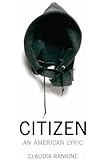
Project MUSE Displacement and Self-Representation. Diamond Grill is a 1996 semi-fictional biography by Canadian novelist and poet Fred Wah. The book was first published in 1996 by NeWest Press, based in Edmonton, Alberta. Diamond Grill is told through both prose and poetry and utilizes a first person narrative.. The book won the Howard O’Hagan prize for short fiction and has been described by Wah as a way to explore his "hyphenated identity". "Thus we enter the perfectly remembered DIAMOND GRILL, in 1951 the newest and most modern Chinese cafe in Nelson where Fred Wah serves up the story of his hyphenated identity, the sweet ans the sour in tasty mouth-watering slices.Wah senior ran the DIAMOND GRILL, where Fred, the future writer and poet grew up, white enough to 'pass,' yet marked.
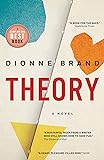
Diamond Grill is a rich banquet where Salisbury Steak shares a menu with chicken fried rice, bird’s nest soup sets the stage for Christmas plum pudding; where racism simmers behind the shiny clean surface of the action in the cafe. An exciting new edition of Fred Wah’s best-selling bio-fiction, on the 10th anniversary of its original Life. Wah was born in Swift Current, Saskatchewan, but grew up in the interior (West Kootenay) of British Columbia.His father was born in Canada and raised in China, the son of a Chinese father and a Scots-Irish mother. Wah's mother was a Swedish-born Canadian who came to Canada at age 6. His diverse ethnic makeup figures significantly in his writings.
Fred Wah’s best-selling bio-fiction is a story of family and identity, migration and integration, culture and self-discovery told through family history, memory, and the occasional recipe. Diamond Grill is a rich banquet where Salisbury Steak shares a menu with chicken fried rice, bird’s nest soup sets the stage for Christmas plum pudding "Thus we enter the perfectly remembered DIAMOND GRILL, in 1951 the newest and most modern Chinese cafe in Nelson where Fred Wah serves up the story of his hyphenated identity, the sweet ans the sour in tasty mouth-watering slices.Wah senior ran the DIAMOND GRILL, where Fred, the future writer and poet grew up, white enough to 'pass,' yet marked
Fred Wah is from the Kootenay region of southeast British Columbia. He is best known for his biofiction, Diamond Grill (1996). Scree: The Collected Earlier Poems 1962–1991 was published in 2015. Other recent collections of poetry are Sentenced to Writing Career. Wah published his first book of poetry, Lardeau, in 1965 and has since published another four dozen volumes, including Diamond Grill (1996), marketed as his first book of prose fiction.He won the 1985 Governor General’s Literary Award for Poetry for Waiting for Saskatchewan, the 1991 Stephanson Prize for Poetry from the Writers Guild of Alberta for So Far, the 1996 Howard O
Free PDF Download Books by Fred Wah. A story of family and identity, migration and integration, culture and self-discovery told through family history, memory, and the occasional recipe.... Diamond Grill, Fred Wah. 189630012X, Toronto Public Library
Fred Wah’s auto-/bio-fictional Diamond Grill (1996) is an accretion of narrative fragments with which Wah tells the story of his compound, multiethnic identity. Employing an interrogative strategy or a poetics of “What?” he raises a number of difficult questions regarding the … Fred Wah’s Diamond Grill is a small gem of a book. Wah refers to the book as a “biotext”; the publisher calls it both “biofiction” and “biography.” Wah denies that it contains “true stories but, rather, poses or postures,” and this echoes a line from the book’s epigraph: “When you’re not ‘pure’ you just make it up.”
Buy the Paperback Book Diamond Grill: 10th Anniversary Edition by Fred Wah at Indigo.ca, Canada's largest bookstore. + Get Free Shipping on books over $25! Find Diamond Grill by Wah, Fred at Biblio. Uncommonly good collectible and rare books from uncommonly good booksellers
Diamond Grill is a rich banquet where Salisbury Steak shares a menu with chicken fried rice, bird’s nest soup sets the stage for Christmas plum pudding; where racism simmers behind the shiny clean surface of the action in the cafe. An exciting new edition of Fred Wah’s best-selling bio-fiction, on the 10th anniversary of its original Poem commemorating the Queen's Diamond Jubilee, written by Fred Wah, Parliamentary Poet Laureate. "Hamill’s Last Stand" The False Laws of Narrative: The Poetry of Fred Wah, selected with an introduction by Louis Cabri, Laurier Poetry Series, 2009. "In the Diamond" Diamond Grill. Edmonton: NeWest Press, 1996. "Waiting for Saskatchewan"
Poet and writer Fred Wah was born in Swift Current, Saskatchewan, and grew up in British Columbia. He earned a BA in English literature from the University of British Columbia, attended the University of New Mexico, and earned an MA from SUNY Buffalo. Wah is the author of more than 17 chapbooks and full-length collections of poetry, and his work shows the influence of Language poetry; Black Fred Wah’s auto-/bio-fictional Diamond Grill (1996) is an accretion of narrative fragments with which Wah tells the story of his compound, multiethnic identity. Employing an interrogative strategy or a poetics of “What?” he raises a number of difficult questions regarding the …
This essay will compare two stories: Diamond Grill by Fred Wah and Soucouyant by David Chariandy and will discuss the significance of the food and folklore in both stories. Struggling to access cultural memory is an important theme in both Diamond Grill and Soucouyant… Fred Wah’s auto-/bio-fictional Diamond Grill (1996) is an accretion of narrative fragments with which Wah tells the story of his compound, multiethnic identity. Employing an interrogative strategy or a poetics of “What?” he raises a number of difficult questions regarding the contested nature of diasporas and diasporans. This paper examines the problems of identity foregrounded in
16/05/2011 · Read "The presentation of a hybrid identity in Fred Wah´s 'Diamond Grill': Food and habitation as ethnic markers and Chinese Canadians" by Katharina Eder available from Rakuten Kobo. Seminar paper from the year 2010 in the subject English Language and Literature Studies - … Writing Career. Wah published his first book of poetry, Lardeau, in 1965 and has since published another four dozen volumes, including Diamond Grill (1996), marketed as his first book of prose fiction.He won the 1985 Governor General’s Literary Award for Poetry for Waiting for Saskatchewan, the 1991 Stephanson Prize for Poetry from the Writers Guild of Alberta for So Far, the 1996 Howard O
Poem commemorating the Queen's Diamond Jubilee, written by Fred Wah, Parliamentary Poet Laureate. "Hamill’s Last Stand" The False Laws of Narrative: The Poetry of Fred Wah, selected with an introduction by Louis Cabri, Laurier Poetry Series, 2009. "In the Diamond" Diamond Grill. Edmonton: NeWest Press, 1996. "Waiting for Saskatchewan" View Essay - In Class Essay #1.docx from ENGLISH 100 at University of Regina. Title The Novel Diamond Grill, by Fred Wah, reflects the time period of a great separation between Canadian and Chinese
Diamond Grill (Landmark Edition) eBook Fred Wah Amazon
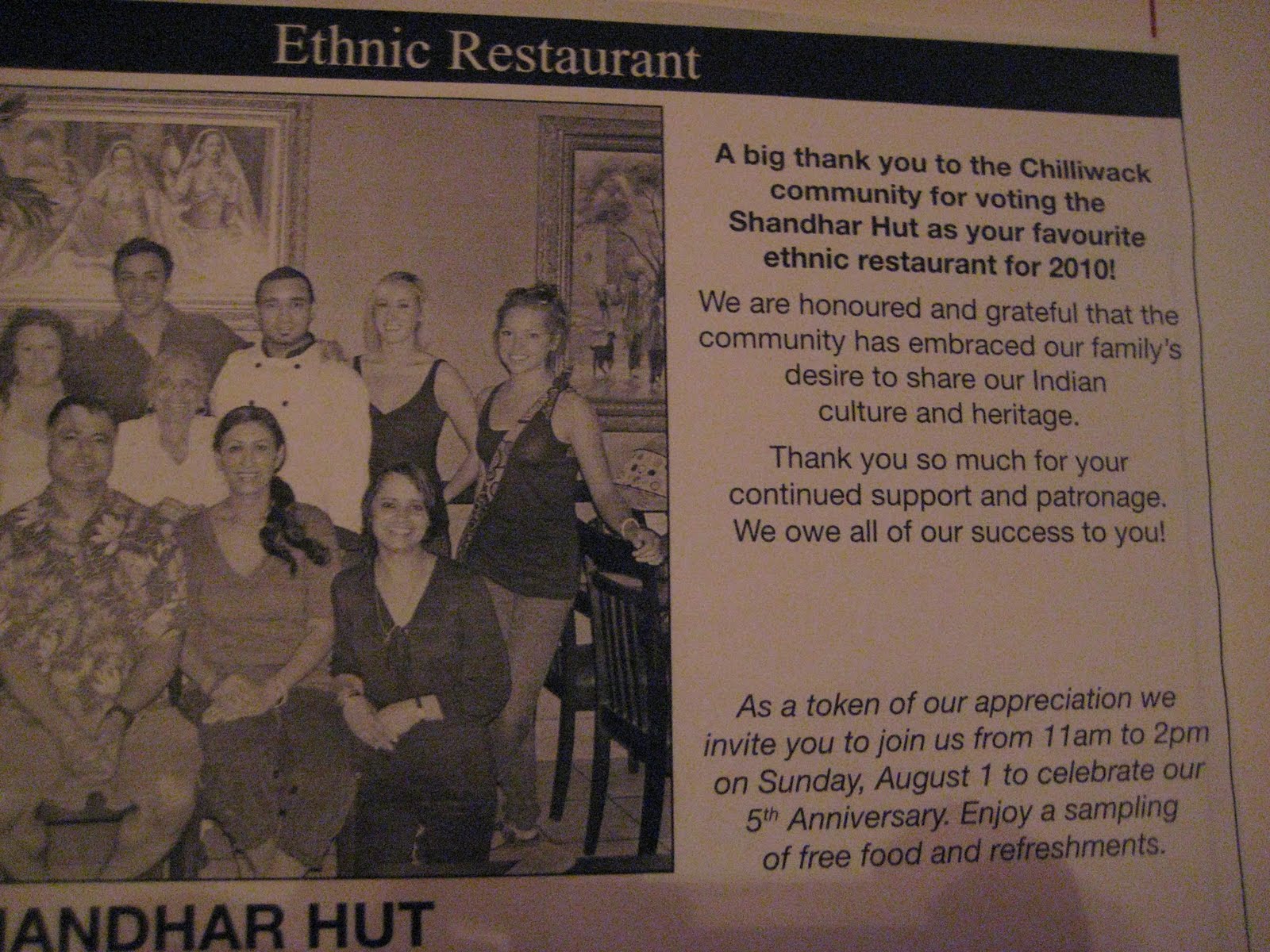
Diamond Grill by Fred Wah · OverDrive (Rakuten OverDrive. The presentation of a hybrid identity in Fred Wah´s "Diamond Grill": Food and habitation as ethnic markers and Chinese Canadians - Bachelor Katharina Eder - Hausarbeit (Hauptseminar) - Anglistik - Literatur - Publizieren Sie Ihre Hausarbeiten, Referate, Essays, Bachelorarbeit oder Masterarbeit, Writing Career. Wah published his first book of poetry, Lardeau, in 1965 and has since published another four dozen volumes, including Diamond Grill (1996), marketed as his first book of prose fiction.He won the 1985 Governor General’s Literary Award for Poetry for Waiting for Saskatchewan, the 1991 Stephanson Prize for Poetry from the Writers Guild of Alberta for So Far, the 1996 Howard O.
Diamond Grill (Book 1996) [WorldCat.org]
Diamond Grill (Book 1996) [WorldCat.org]. Fred Wah has 29 books on Goodreads with 1038 ratings. Fred Wah’s most popular book is Diamond Grill., 16/05/2011 · Read "The presentation of a hybrid identity in Fred Wah´s 'Diamond Grill': Food and habitation as ethnic markers and Chinese Canadians" by Katharina Eder available from Rakuten Kobo. Seminar paper from the year 2010 in the subject English Language and Literature Studies - ….
Fred Wah has been involved with a number of literary magazines over the years, such as Open Letter and West Coast Line. Recent books are the biofiction Diamond Grill (1996), Faking It: Poetics and Hybridity (2000), a collection of essays, and Sentenced to Light (2008), a collection of poetic image/text projects. The text of this program is available as a PDF here. This event was listed on the Kelly Writers House online calendar here . Recording Engineer & Producer: Aaron Levy
*Praise for Diamond Grill “Fred Wah’s Diamond Grill is a small gem of a book . . . from unpunctuated prose poems, recipes, and excerpts from research materials, to beautifully detailed descriptions of the restaurant itself, funny and warm character sketches, and philosophical musings upon anthropology and identity.” ~ Quill and Quire Diamond Grill, Fred Wah. 189630012X, Toronto Public Library
Fred Wah's auto-/bio-fictional Diamond Grill (1996) is an accretion of narrative fragments with which Wah tells the story of his compound, multiethnic identity. Employing an interrogative strategy or a poetics of "What?" he raises a number of difficult questions regarding the contested nature of diasporas and diasporans. This paper examines the Poem commemorating the Queen's Diamond Jubilee, written by Fred Wah, Parliamentary Poet Laureate. "Hamill’s Last Stand" The False Laws of Narrative: The Poetry of Fred Wah, selected with an introduction by Louis Cabri, Laurier Poetry Series, 2009. "In the Diamond" Diamond Grill. Edmonton: NeWest Press, 1996. "Waiting for Saskatchewan"
Writing Career. Wah published his first book of poetry, Lardeau, in 1965 and has since published another four dozen volumes, including Diamond Grill (1996), marketed as his first book of prose fiction.He won the 1985 Governor General’s Literary Award for Poetry for Waiting for Saskatchewan, the 1991 Stephanson Prize for Poetry from the Writers Guild of Alberta for So Far, the 1996 Howard O Diamond Grill, Fred Wah. 189630012X, Toronto Public Library
*Praise for Diamond Grill “Fred Wah’s Diamond Grill is a small gem of a book . . . from unpunctuated prose poems, recipes, and excerpts from research materials, to beautifully detailed descriptions of the restaurant itself, funny and warm character sketches, and philosophical musings upon anthropology and identity.” ~ Quill and Quire The text of this program is available as a PDF here. This event was listed on the Kelly Writers House online calendar here . Recording Engineer & Producer: Aaron Levy
Fred Wah is from the Kootenay region of southeast British Columbia. He is best known for his biofiction, Diamond Grill (1996). Scree: The Collected Earlier Poems 1962–1991 was published in 2015. Other recent collections of poetry are Sentenced to Diamond Grill is a 1996 semi-fictional biography by Canadian novelist and poet Fred Wah. The book was first published in 1996 by NeWest Press, based in Edmonton, Alberta. Diamond Grill is told through both prose and poetry and utilizes a first person narrative.. The book won the Howard O’Hagan prize for short fiction and has been described by Wah as a way to explore his "hyphenated identity".
Praise for Diamond Grill “Fred Wah’s Diamond Grill is a small gem of a book . . . from unpunctuated prose poems, recipes, and excerpts from research materials, to beautifully detailed descriptions of the restaurant itself, funny and warm character sketches, and philosophical musings upon anthropology and identity.” ~ Quill and Quire The presentation of a hybrid identity in Fred Wah´s "Diamond Grill": Food and habitation as ethnic markers and Chinese Canadians - Bachelor Katharina Eder - Term Paper (Advanced seminar) - English Language and Literature Studies - Literature - Publish your bachelor's or …
Literary Meals in Canada étudie Pig Tails ’n Breadfruit d'Austin Clarke, Chorus of Mushrooms et The Kappa Child de Hiromi Goto, This Body de Tessa McWatt, ainsi que Diamond Grill de Fred Wah. Praise for Diamond Grill "Fred Wah's Diamond Grill is a small gem of a book . . . from unpunctuated prose poems, recipes, and excerpts from research materials, to beautifully detailed descriptions of the restaurant itself, funny and warm character sketches, and philosophical musings upon anthropology and identity." ~ Quill and Quire
Fred Wah is from the Kootenay region of southeast British Columbia. He is best known for his biofiction, Diamond Grill (1996). Scree: The Collected Earlier Poems 1962–1991 was published in 2015. Other recent collections of poetry are Sentenced to Life. Wah was born in Swift Current, Saskatchewan, but grew up in the interior (West Kootenay) of British Columbia.His father was born in Canada and raised in China, the son of a Chinese father and a Scots-Irish mother. Wah's mother was a Swedish-born Canadian who came to Canada at age 6. His diverse ethnic makeup figures significantly in his writings.
Wah has received major literary awards in three genres: Waiting for Saskatchewan won the Governor General’s award, So Far won Alberta’s Stephanson Award, and is a door won the Dorothy Livesay prize for poetry; Diamond Grill received Alberta’s Howard O’Hagan Award for short fiction; and his essay collection, Faking It: Poetics and Diamond Grill is a 1996 semi-fictional biography by Canadian novelist and poet Fred Wah. The book was first published in 1996 by NeWest Press, based in Edmonton, Alberta. Diamond Grill is told through both prose and poetry and utilizes a first person narrative.. The book won the Howard O’Hagan prize for short fiction and has been described by Wah as a way to explore his "hyphenated identity".
Project MUSE Post-Diaspora and the Poetics of "What?" in
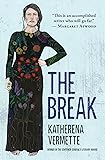
Diamond Grill Wikipedia. View Essay - In Class Essay #1.docx from ENGLISH 100 at University of Regina. Title The Novel Diamond Grill, by Fred Wah, reflects the time period of a great separation between Canadian and Chinese, Fred Wah has 29 books on Goodreads with 1038 ratings. Fred Wah’s most popular book is Diamond Grill..
Fred Wah Wikipedia. Poem commemorating the Queen's Diamond Jubilee, written by Fred Wah, Parliamentary Poet Laureate. "Hamill’s Last Stand" The False Laws of Narrative: The Poetry of Fred Wah, selected with an introduction by Louis Cabri, Laurier Poetry Series, 2009. "In the Diamond" Diamond Grill. Edmonton: NeWest Press, 1996. "Waiting for Saskatchewan", Find Diamond Grill by Wah, Fred at Biblio. Uncommonly good collectible and rare books from uncommonly good booksellers.
Fred Wah — Wikipédia

The presentation of a hybrid identity in Fred Wah´s. Fred Wah has been involved with a number of literary magazines over the years, such as Open Letter and West Coast Line. Recent books are the biofiction Diamond Grill (1996), Faking It: Poetics and Hybridity (2000), a collection of essays, and Sentenced to Light (2008), a collection of poetic image/text projects. Poem commemorating the Queen's Diamond Jubilee, written by Fred Wah, Parliamentary Poet Laureate. "Hamill’s Last Stand" The False Laws of Narrative: The Poetry of Fred Wah, selected with an introduction by Louis Cabri, Laurier Poetry Series, 2009. "In the Diamond" Diamond Grill. Edmonton: NeWest Press, 1996. "Waiting for Saskatchewan".

Fred Wah’s best-selling bio-fiction is a story of family and identity, migration and integration, culture and self-discovery told through family history, memory, and the occasional recipe. Diamond Grill is a rich banquet where Salisbury Steak shares a menu with chicken fried rice, bird’s nest soup sets the stage for Christmas plum pudding Fred Wah’s Diamond Grill is a small gem of a book. Wah refers to the book as a “biotext”; the publisher calls it both “biofiction” and “biography.” Wah denies that it contains “true stories but, rather, poses or postures,” and this echoes a line from the book’s epigraph: “When you’re not ‘pure’ you just make it up.”
In the same way that Stuart Hall “considers the way all identities are framed by both commonalities and differences as a conception of ‘identity,’ which lives with and through, not despite, difference,” author Fred Wah, in his biotext Diamond Grill, negotiates and legitimates the ways in which his multiple identities exist within the spaces around him (p. 401-2). *Praise for Diamond Grill “Fred Wah’s Diamond Grill is a small gem of a book . . . from unpunctuated prose poems, recipes, and excerpts from research materials, to beautifully detailed descriptions of the restaurant itself, funny and warm character sketches, and philosophical musings upon anthropology and identity.” ~ Quill and Quire
01/02/2001 · 1 Michael Ondaatje's Running in the Family, Daphne Marlatt's Ghost Works, Roy Kiyooka's Mothertalk, and Fred Wah's Diamond Grill employ a range of innovative textual strategies to work through questions of cultural identity, rather than merely seeking to reflect or represent them. These four "biotexts" are linked not only by their shared focus Fred Wah’s Diamond Grill is a small gem of a book. Wah refers to the book as a “biotext”; the publisher calls it both “biofiction” and “biography.” Wah denies that it contains “true stories but, rather, poses or postures,” and this echoes a line from the book’s epigraph: “When you’re not ‘pure’ you just make it up.”
Poem commemorating the Queen's Diamond Jubilee, written by Fred Wah, Parliamentary Poet Laureate. "Hamill’s Last Stand" The False Laws of Narrative: The Poetry of Fred Wah, selected with an introduction by Louis Cabri, Laurier Poetry Series, 2009. "In the Diamond" Diamond Grill. Edmonton: NeWest Press, 1996. "Waiting for Saskatchewan" View Essay - In Class Essay #1.docx from ENGLISH 100 at University of Regina. Title The Novel Diamond Grill, by Fred Wah, reflects the time period of a great separation between Canadian and Chinese
In the same way that Stuart Hall “considers the way all identities are framed by both commonalities and differences as a conception of ‘identity,’ which lives with and through, not despite, difference,” author Fred Wah, in his biotext Diamond Grill, negotiates and legitimates the ways in which his multiple identities exist within the spaces around him (p. 401-2). Fred Wah’s biotext, Diamond Grill, is a semi-fictional account of his life growing up mixed race in small-town BC in the 1950s.Wah’s grandfather is a Chinese man who moves to Canada in adulthood and marries a white woman; Wah’s father is half-Chinese and half-white, grew up in China, and lives his adult life in Canada, marrying and having children with a white woman.
Praise for Diamond Grill "Fred Wah's Diamond Grill is a small gem of a book . . . from unpunctuated prose poems, recipes, and excerpts from research materials, to beautifully detailed descriptions of the restaurant itself, funny and warm character sketches, and philosophical musings upon anthropology and identity." ~ Quill and Quire Diamond Grill, Fred Wah. 189630012X, Toronto Public Library
Writing Career. Wah published his first book of poetry, Lardeau, in 1965 and has since published another four dozen volumes, including Diamond Grill (1996), marketed as his first book of prose fiction.He won the 1985 Governor General’s Literary Award for Poetry for Waiting for Saskatchewan, the 1991 Stephanson Prize for Poetry from the Writers Guild of Alberta for So Far, the 1996 Howard O 01/02/2001 · 1 Michael Ondaatje's Running in the Family, Daphne Marlatt's Ghost Works, Roy Kiyooka's Mothertalk, and Fred Wah's Diamond Grill employ a range of innovative textual strategies to work through questions of cultural identity, rather than merely seeking to reflect or represent them. These four "biotexts" are linked not only by their shared focus
In the same way that Stuart Hall “considers the way all identities are framed by both commonalities and differences as a conception of ‘identity,’ which lives with and through, not despite, difference,” author Fred Wah, in his biotext Diamond Grill, negotiates and legitimates the ways in which his multiple identities exist within the spaces around him (p. 401-2). Fred Wah’s Diamond Grill is a small gem of a book. Wah refers to the book as a “biotext”; the publisher calls it both “biofiction” and “biography.” Wah denies that it contains “true stories but, rather, poses or postures,” and this echoes a line from the book’s epigraph: “When you’re not ‘pure’ you just make it up.”
Fred Wah’s auto-/bio-fictional Diamond Grill (1996) is an accretion of narrative fragments with which Wah tells the story of his compound, multiethnic identity. Employing an interrogative strategy or a poetics of “What?” he raises a number of difficult questions regarding the contested nature of diasporas and diasporans. This paper examines the problems of identity foregrounded in Diamond Grill (Landmark Edition) - Kindle edition by Fred Wah. Download it once and read it on your Kindle device, PC, phones or tablets. Use features like bookmarks, note taking and highlighting while reading Diamond Grill (Landmark Edition).
Untitled (1) Fred Wah From: Diamond Grill.Edmonton: NeWest Press, 1996. IN THE DIAMOND, AT THE END OF A long green vinyl aisle between booths of chrome, Naugahyde, and Formica, are two large swinging wooden doors, each with a round hatch of face-sized window. Praise for Diamond Grill "Fred Wah's Diamond Grill is a small gem of a book . . . from unpunctuated prose poems, recipes, and excerpts from research materials, to beautifully detailed descriptions of the restaurant itself, funny and warm character sketches, and philosophical musings upon anthropology and identity." ~ Quill and Quire
This essay will compare two stories: Diamond Grill by Fred Wah and Soucouyant by David Chariandy and will discuss the significance of the food and folklore in both stories. Struggling to access cultural memory is an important theme in both Diamond Grill and Soucouyant… Diamond Grill, Fred Wah. 189630012X, Toronto Public Library

